The main benefit as for why I always use a credit card, wherever possible, is because of the option it provides of disputing a charge. It gives me an unexchangeable feeling of security that I will never give up.
I get asked many questions about credit card disputes, and I find that many people do not know basic information about credit card disputes. What people think cannot be disputed, can often yes be disputed. Also, many a time people think it is too late to dispute a charge when it is not.
In this post, we will jump into the depth of credit card disputes and layout all the information, so that you, as a consumer, will be informed.
Is A Billing Dispute The Same Thing As A Charge Back?
Before we discuss the laws and guidelines about credit card disputes, it is important to note that there are two types of ways you can initiate a credit card dispute.
- Disputing billing errors using the Fair Credit Billing Act.
- Chargebacks
The terms dispute and chargebacks are often used interchangeably, but they are not the same thing and have different rules and guidelines, as you will see below.
Your Right to Dispute Credit Card Charges Under the Fair Credit Billing Act (“FCBA”)
The FCBA gives consumers the right to dispute billing errors on any credit card for the following reasons:
1) Unauthorized charges
2) Charges that list the wrong date or amount
3) Charges for goods and services you didn’t accept or that weren’t delivered as agreed
4) Math errors
5) Failure to post payments and other credits, such as returned items
6) Failure to send bills to your current address (assuming the creditor has your change of address, in writing, at least 20 days before the billing period ends)
7) Charges for which you ask for an explanation or written proof of purchase, along with a claimed error or request for clarification
Under federal law, the only way to initiate a credit card dispute is by doing the following:
1) Sending a dispute letter to the creditor by mail
2) The dispute letter must reach the creditor within 60 days after you received your statement, which includes the billing error, in the mail.
3) Your dispute letter must include your name, address, account number, and a description of the billing error.
The creditor must acknowledge receipt of your complaint, in writing, within 30 days after receiving it, unless the problem has been resolved.
The creditor must resolve the dispute within two billing cycles (but not more than 90 days) after getting your letter.
Your Rights When Disputing A Charge
Here is a summary of your rights under the FCBA when disputing a charge on your credit card:
- During the investigation, you may withhold payment on the disputed amount (and related charges).
- The creditor may not take any legal or other action to collect the disputed amount and related charges (including finance charges) during the investigation.
- Your account can’t be closed or restricted, but the disputed amount can be applied against your credit limit.
- The creditor may not report you as delinquent to the credit bureaus, accelerate your debt, or restrict or close your account because your bill is in dispute, or you have used your FCBA rights. However, the creditor may report that you are challenging your bill.
- In addition, it’s against federal law for creditors to discriminate against credit applicants who exercise their rights in good faith under the FCBA. For example, a creditor can’t deny you credit just because you’ve disputed a bill.
Investigation Results
If it turns out that your bill has a mistake, the creditor must explain to you in writing the corrections that will be made to your account. In addition to crediting your account, the creditor must remove all finance charges, late fees, or other charges related to the error.
If the creditor’s investigation determines the bill is correct, you must be told promptly and in writing how much you owe and why. You may ask for copies of relevant documents. At this point, you’ll owe the disputed amount, plus any finance charges that accumulated while the amount was in dispute.
If you disagree with the results of the investigation, you may write to the creditor, but you must act within ten days after receiving the explanation, and you may indicate that you refuse to pay the disputed amount. At this point, the creditor may begin collection procedures. However, if the creditor reports you to a credit reporting company as delinquent, the report also must state that you don’t think you owe the money. The creditor must tell you which of the credit reporting company gets these reports. The creditor also must promptly report any subsequent resolution of the reported delinquency to everyone who got a report.
Chargebacks
Once we explained to you everything about FCBA disputes, let’s now dive into chargebacks.
The simple definition of a chargeback is a cardholder asking the merchant to give back the money paid (it’s similar to a dispute, but under the book of law, it is not exactly the same thing). This is a right you have under Regulation Z of the Truth in Lending Act, Article 4 of the Uniform Commercial Code.
Each of the major credit card companies have their own chargeback policies.
Chargebacks are generally initiated over the phone by calling the phone number on the back of the credit card. The representative will take the report and send you a form by email.
It is important to note that most credit card disputes result in a chargeback automatically, but if you do not follow the steps above when disputing the charge (for example, sending the dispute in writing), then you will not have the legal protection under the FCBA.
General Mastercard, Visa, Amex, Discover Chargeback Rules
Visa and Mastercard
Customers generally have 120 days from the transaction processing date to file a chargeback with their issuing bank when the reasons for the chargeback include:
- Fraud
- Late presentment
- Incorrect purchase amount
- Duplicate processing
- Canceled recurring transactions
Cardholders have just 75 days to file a dispute for
- Unauthorized charges
Cardholders have 540 days to file a chargeback for disputes relating to
- Services not provided
- Merchandise not received, or received not as described, or defective merchandise
| Mastercard | Visa | |
| Transaction Amount Differs | 120 | 120 |
| Authorization-related Chargeback | 90 | 75 |
| No Cardholder Authorization | 75 | |
| Account Number Not on File | 45 | |
| Fraudulent Processing of Transactions | 120 | 120 |
| Canceled Recurring or Digital Goods Transactions | 120 | 120 |
| Installment Billing Dispute | 120 *1 | 120 |
| Late Presentment | 120 | 120 |
| Questionable Merchant Activity | 120 | 120 |
| Cardholder Dispute – Not as Described or Defective Merchandise |
120 | 120 * |
| Cardholder Dispute – Not Elsewhere Classified (U.S. Region Only) | 60 0r 120 *2 | |
| Goods or Services Not Provided | 120 *3 | 120 * |
| Cardholder Does Not Recognize – Potential Fraud | 120 | 120 |
| Credit Not Processed | 120 *4 | 120 * |
| Addendum, No-show, or ATM Dispute | 120 | 120 |
| Canceled Merchandises/Services | 120 | |
| Duplicate Processing or Paid By Other Means | 120 |
Amex
Minimum of 120 days with the exception of disputes for the following reasoning – goods/services not received, goods/services returned/canceled, redisputes. – which can be disputed a bit longer (Amex does not specify by how much beyond the 120 days its extended so they have the discretion to extend it based on the circumstances for however long they think its justified).
Discover
Although the company recommends cardholders file a dispute within 120 days of the purchase, Discover does not impose a strict time limit, and disputes will be considered at any time.
Investigation Process
Once a customer has filed a chargeback, merchants have 30 days to respond with compelling evidence. Although the specific evidence required varies by reason code, it usually includes documentation such as:
- Email correspondence between the customer and the merchant
- Customer information, like user name and IP address
- Order, shipping, and delivery confirmations
- Proof the customer downloaded or viewed digital goods (e-books, games, computer software, etc.)
- The merchant’s terms of service and return and refund policies
- Customer’s signature authorizing payment
- Proof the customer received or used the disputed merchandise
Pre-Arbitration Chargeback: 30 Days
If the merchant files a response to the chargeback and wins, the issuing bank or cardholder then has 30 days to dispute the transaction a second time. In these cases, they’ll initiate a second, or pre-arbitration, chargeback.
Arbitration: 10 Days
If a second chargeback is filed, the card network makes the final decision, usually within ten days. Merchants rarely win in arbitration. The reason why is simple:
Merchants typically provide all their supporting evidence during the first response and rarely have new information at the arbitration stage to support their case.
Conclusion
Using a credit card has many benefits. But as mentioned above, my favorite one is shopping with confidence, knowing that if something goes wrong, you always have the option to dispute the charge. I hope after reading this post, you understand that this is not only a great benefit, but it is even greater than you ever thought.
This post is for informational purposes only. Please understand that information found in this post may change at any time.
If you have any questions then leave a comment and I will respond. Thanks
—————————————————-
Mastercard Notes:
*1 Chargeback filed under this reason must be processed either:
120 days from when the services ceased with a maximum of 540 calendar days from the transaction settlement date for issues of interruption of ongoing services;
Between 15 and 120 calendar dates from the transaction settlement date; or
Between 15 and 120 calendar dates from the delivery/cancellation date of goods or services.
*2 Chargebacks filed under this reason must be processed within 120 calendar days from the settlement date. Or it must be processed in the latest anticipated date that the goods or services were to be provided. However, there are adjustments that can be made based on circumstances. This includes:
- Cases that involve interruption of ongoing services, 120 calendar days from the date the cardholder becomes aware that the service ceased. A chargeback must not be processed after 540 calendar days from the Central Site Business Date of the first presentment.
- Cases that involve the purchase of a merchant-branded prepaid gift card without an expiration date printed on the card. It also applies to merchants who subsequently go out of business. Both cases require the chargeback to be processed 540 calendar days from the Central Site Business Date of the first presentment.
- Cases that involve the purchase of a merchant-branded prepaid gift card with an expiration date printed on the card. This also applies to merchants who subsequently go out of business. Both cases require the chargeback to be processed 120 calendar days from the expiration date printed on the card.
In addition, the credit card issuer’s timeframes adjust based on the presence of specific circumstances:
- The issuer must wait 30 calendar days from the transaction date before submitting a chargeback. This is only when the delivery or performance date was not specified
- The issuer can chargeback the transaction earlier than 30 calendar days. But that’s only if those 30 days cause the issuer to exceed the 120 calendar day timeframe.
- The issuer may charge back the transaction immediately upon learning the merchant will not provide the goods or services. For example, the merchant may no longer be in business
*3 There are two limits to file a chargeback under this reason. It must be processed either:
60 calendar days after first learning about the dispute from the cardholder; or
120 calendar days of the Central Site Business Date.
*4 Once again, the issuer’s timeframes can adjust based on the following:
- The issuer can immediately chargeback the transaction upon receiving one of the following forms of credit documentation:
- A letter from the merchant advising the issuer to obtain credit using a chargeback
- Proof of an improperly disclosed in-store credit
- A Terminal Identification Number voided by the merchant
- The issuer must wait 15 calendar days from one of the following:
- The date on the credit documentation
- The date goods were returned
- The date services were cancelled
- The issuer may chargeback the transaction earlier than the 15 calendar days. But that’s only if those days cause the issuer to exceed the 120 calendar day time frame.
MasterCard reason code 4860 chargebacks can be processed within 120 calendar days from the day the service was canceled or the goods were returned. Or it can be processed 120 calendar days from the transaction date for a VAT credit. However:
- If the credit documentation is dated, the 120-day chargeback time frame counts the date on the credit documentation as day zero
- If the credit documentation is undated, the 120-day time frame counts the date on the cardholder letter, email, message, or Dispute Resolution Form – Cardholder Dispute Chargeback as day zero
- If the cardholder letter is undated, the chargeback time frame counts the receipt date of the documentation by the issuer as day zero

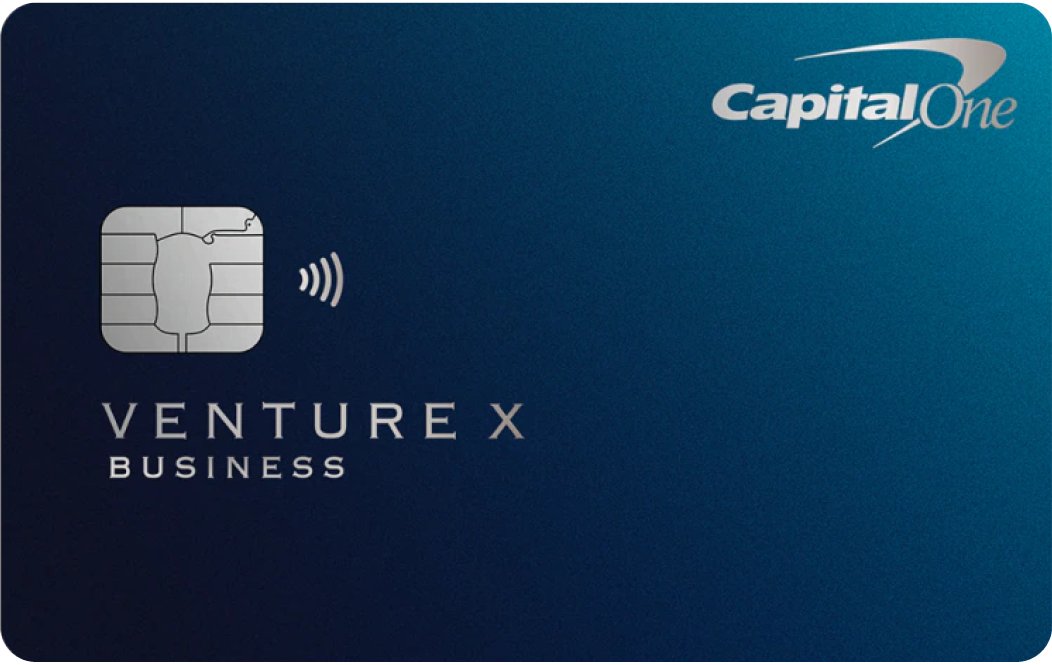
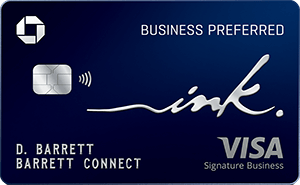
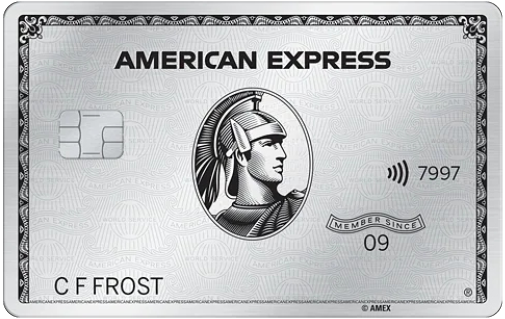
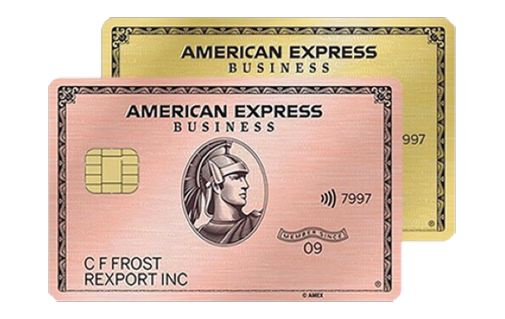
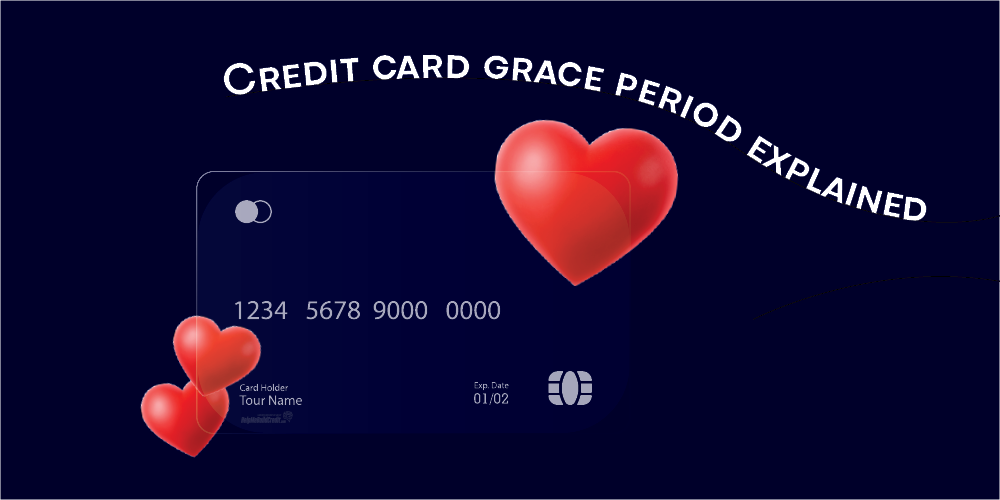
![Best Credit Cards With Airport Lounge Access [2024]](https://helpmebuildcredit.com/wp-content/uploads/2022/06/post-on-cards-with-airport-lounges.png)
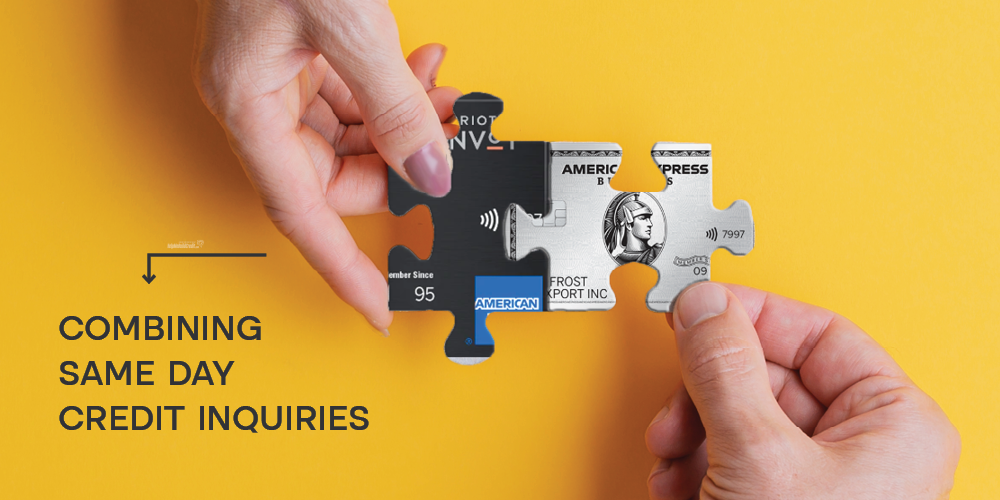
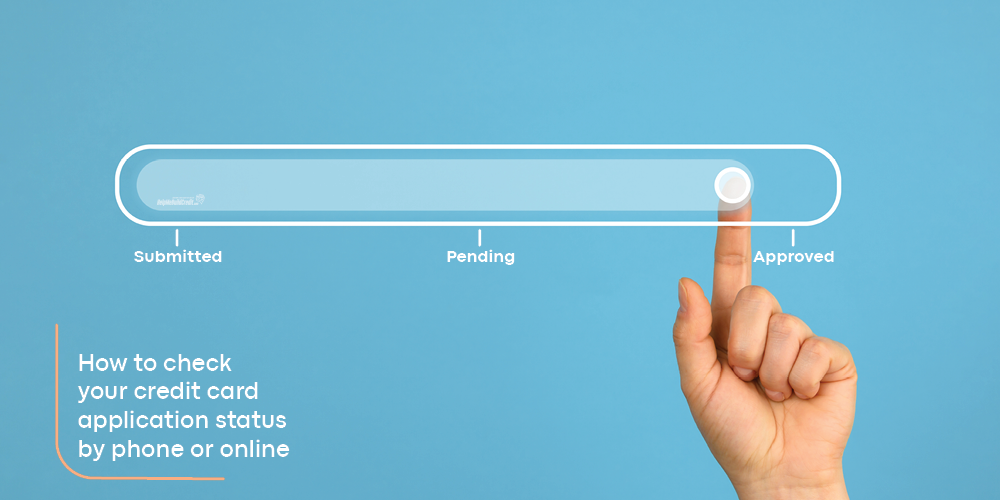
![The 10 Best 0% APR Credit Cards For April [2024]](https://helpmebuildcredit.com/wp-content/uploads/2023/07/Post-on-best-0-apr-cards3-1080x675.png)

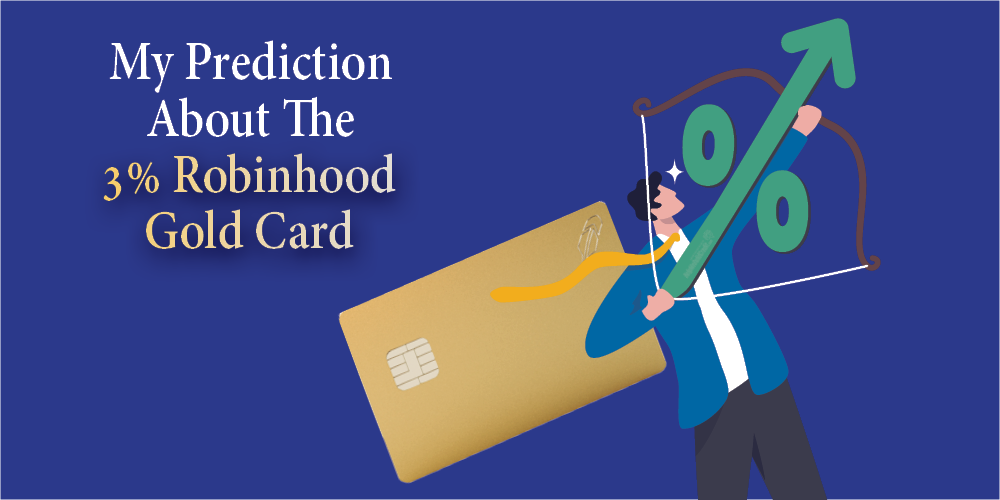
![The 10 Best Credit Card Offers For April [2024]](https://helpmebuildcredit.com/wp-content/uploads/2024/03/post-on-best-offers-april-2024.png)




What’s with a wells forgo?
It will depend if it’s a Visa Or MasterCard